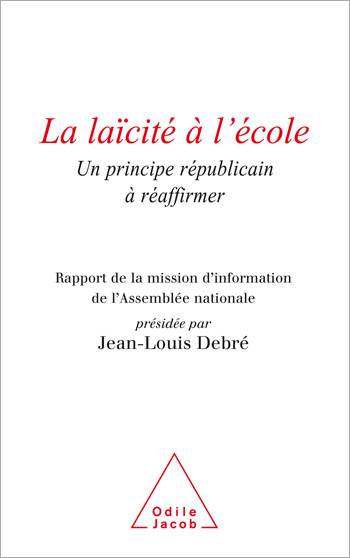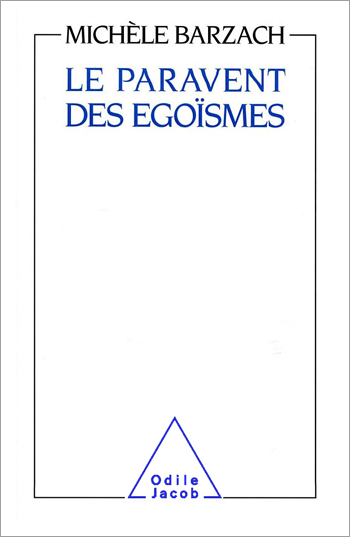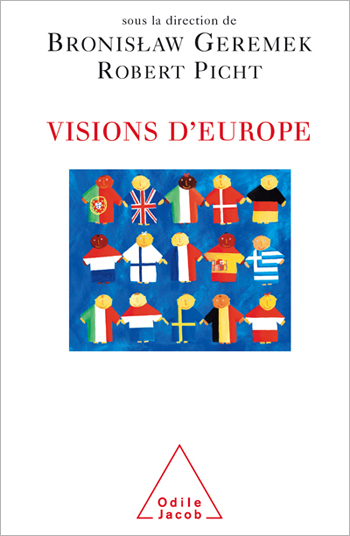Documents All books
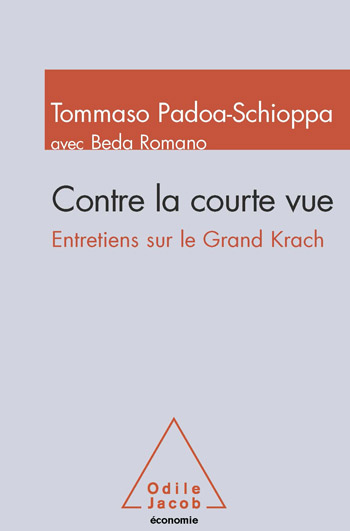
Tommaso Padoa-Schioppa, Beda Romano
The Short-Term View Conversations About the Big Crash
A leading figure in Italian and European politics and economics provides a critical synthesis of the conduct that led to the crash, and suggests paths to be explored to mould new thinking in economics.
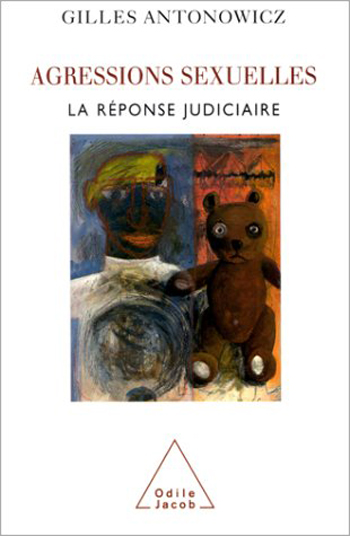
Gilles Antonowicz
Sexual Crimes The Reponse of the Judiciary
What is the value of the testimony of a minor who declares having been sexually abused by a family member? What procedures does the judiciary follow to try to prevent the risk of a false allegation? The author explains and comments on the judicial procedure for these sensitive cases, which are often long, complex and very trying. The author goes on to ask if the time has not come to reconsider the status of the victim in these penal proceedings. Gilles Antonowicz is a lawyer specialising in cases concerning the sexual abuse of minors.
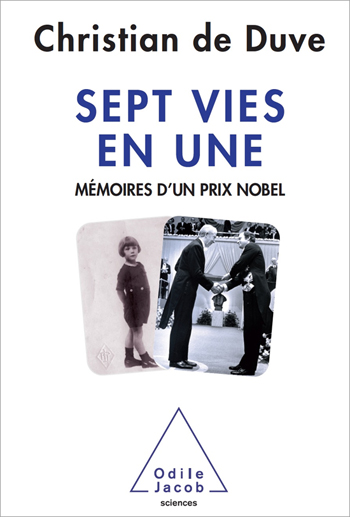
Christian de Duve
Seven Lives in One Nobel Prize winner's Memoirs
The life of an exceptional Nobel Prize winner, from childhood to scientific recognition and acclaim

Fouazia Farida Charfi
Science Under the Veil
A vigorous defence of science combined with an appeal to Tunisians to look ahead and not turn their backs on the future
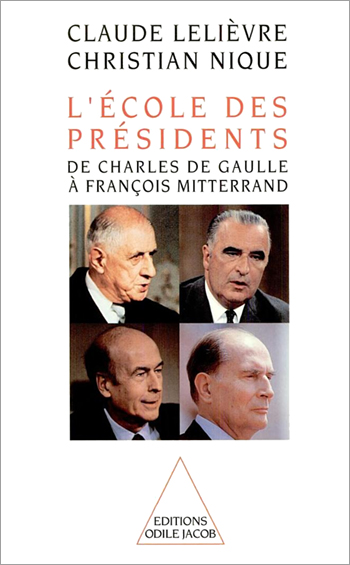
Claude Lelièvre, Christian Nique
The School of Presidents From Charles de Gaulle to François Mitterrand
What kind of education shaped Charles de Gaulle, Georges Pompidou, Valéry Giscard d'Estaing and François Mitterand? Who were their mentors? What was their opinion of school? What role is played in educational politics by a nationalist "Saint-Cyrien", a conservative "Normalien," a liberal from Polytechnique or ENA, or a socialist from Sciences-Po? How did their different educational experiences affect their actions and their views? A story of four great men who were once just schoolboys like everyone else.
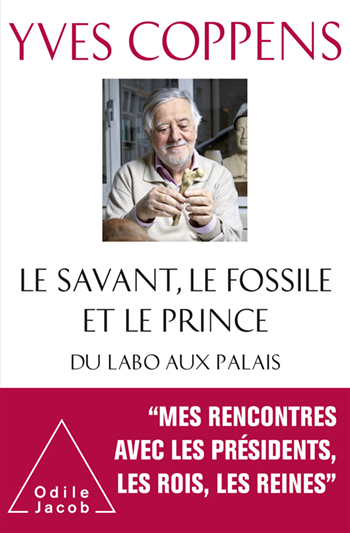
Yves Coppens
The Scholar, the Fossil, and the Prince From the Lab to Palaces
A storyteller with amazing talent, a scientist who is happy to reveal to the greatest of figures other facets of his personality: adventurous, refined, and full of humor.
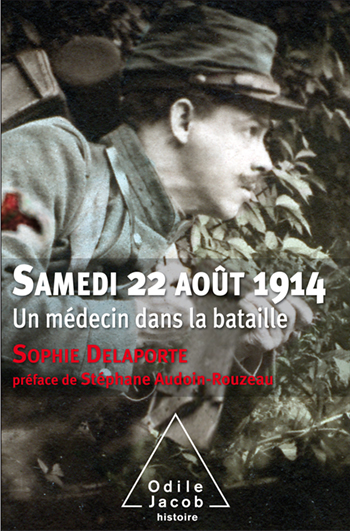
Sophie Delaporte
Saturday 22 August 1914 A Doctor at War
The bloodiest day in France’s history as it was lived by a doctor in the Great War
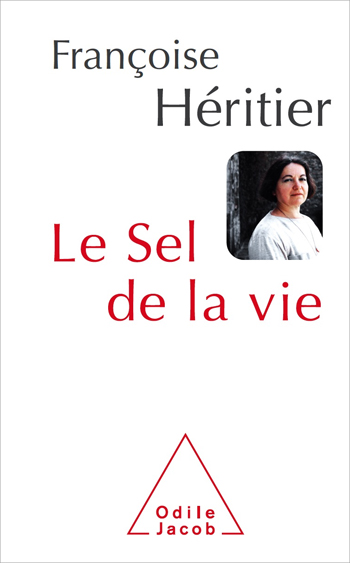
Françoise Héritier
The Salt of Life
In this wonderful little book that literally sparkles with wisdom, Françoise Héritier incites us to play a game with our own memories
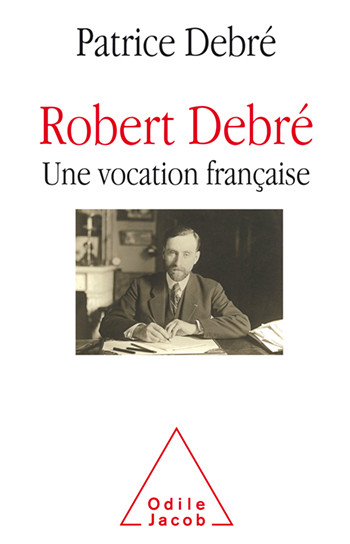
Patrice Debré
Robert Debré, a French vocation A very great physician, a great scientist, a model for the French
The style of the narrative is very upbeat, almost that of a novel. The story of a family that is also a way of restoring the history of France from the beginning of the twentieth century to the present. The reputation of the author, and
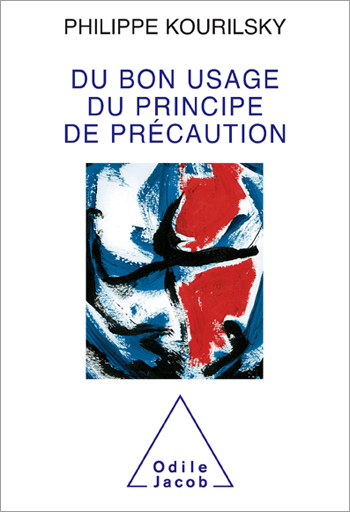
Philippe Kourilsky
The Right Usage of the Precautionary Principle
The precautionary principle is a term so frequently repeated in most spheres of public life that it has become something of a mantra. And yet it remains controversial and has been given many different, and often contradictory, interpretations by its supporters and opponents. For these reasons, the author argues that it is essential to clarify the way the term is used, and this forms the basis of this work. Philippe Kourilsky is the head of the Institut Pasteur and a member of the French Academy of Science.
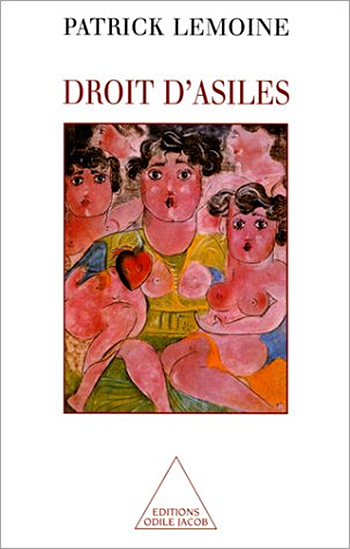
Patrick Lemoine
Right of Sanctuaries
This book is a detailed reconstruction of daily life at the Asile du Vinatier, a psychiatric institution near Lyon, from 1937 to 1945, a period marked by the earliest institutional attempts to treat mental illness. It was also the time when the blindness of administrative rules, the meanness of politicians, and the indifference of society at large resulted in a collective drama: the gradual extermination of mental patients. Patrick Lemoine is a psychiatrist and department head at the Hôpital du Vinatier in Lyon.
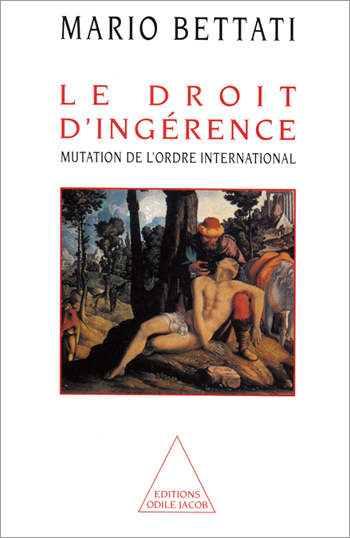
Mario Bettati
The Right of Interference Transformation of International Order
Inventor of the "right of interference", Mario Bettati, a professor of International Law, explains in this book the precise political circumstances and the legal context under which the right of humanitarian interference came about. This book is divided into four parts which follow both a chronological and a logical order. Beginning with interference as verbal denunciation, following with interference as medical assistance, he speaks of forced interference (Yugoslavia, Somalia and Rwanda) and finishes by dissuasive interference (courts for crimes against humanity and conflicts observatories). A thorough presentation of an important subject.

